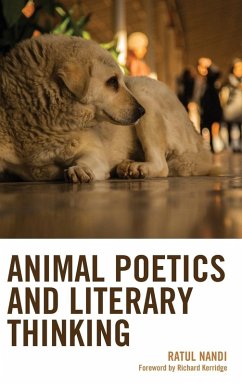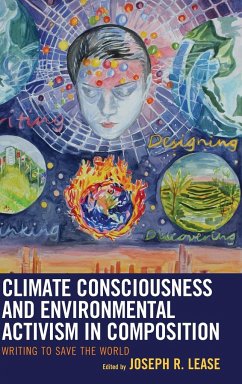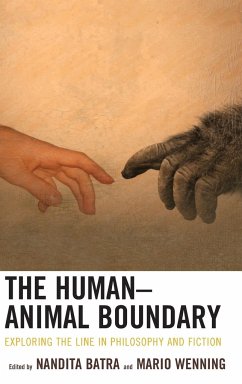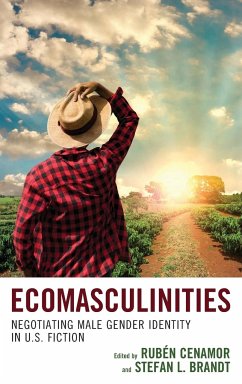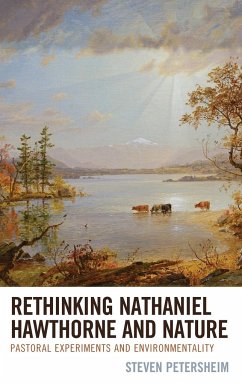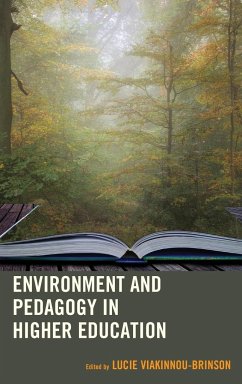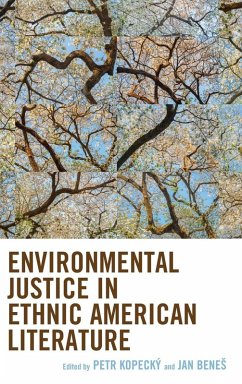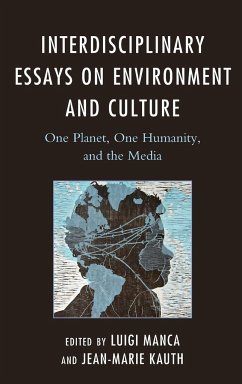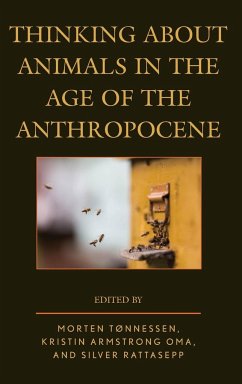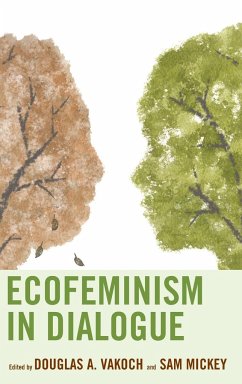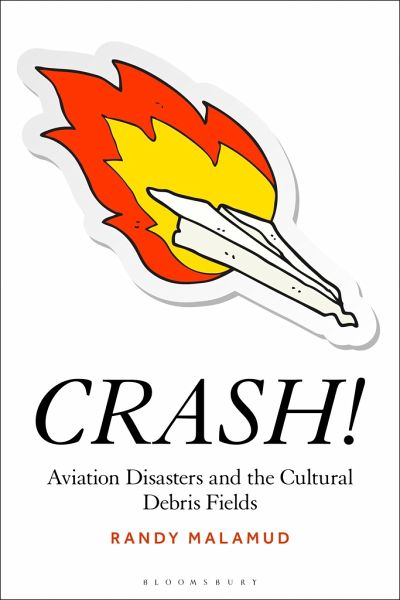
Crash!
Aviation Disasters and the Cultural Debris Fields
Versandkostenfrei!
Versandfertig in über 4 Wochen
91,99 €
inkl. MwSt.
Weitere Ausgaben:

PAYBACK Punkte
46 °P sammeln!
"Plane crashes are covered extensively but they are not analyzed very deeply, apart from the focused operations of media, government, and aviation-industry crash investigations. This is despite the voluminous, diverse, and fascinating cultural material-poems and novels, songs, films, art, tv series, and on and on-that emerge in the wake of aviation disasters. Randy Malamud reanimates these tragic events and identifies how they persist and resonate through our culture-more than we might have imagined, and in intricately far-reaching ways"--




